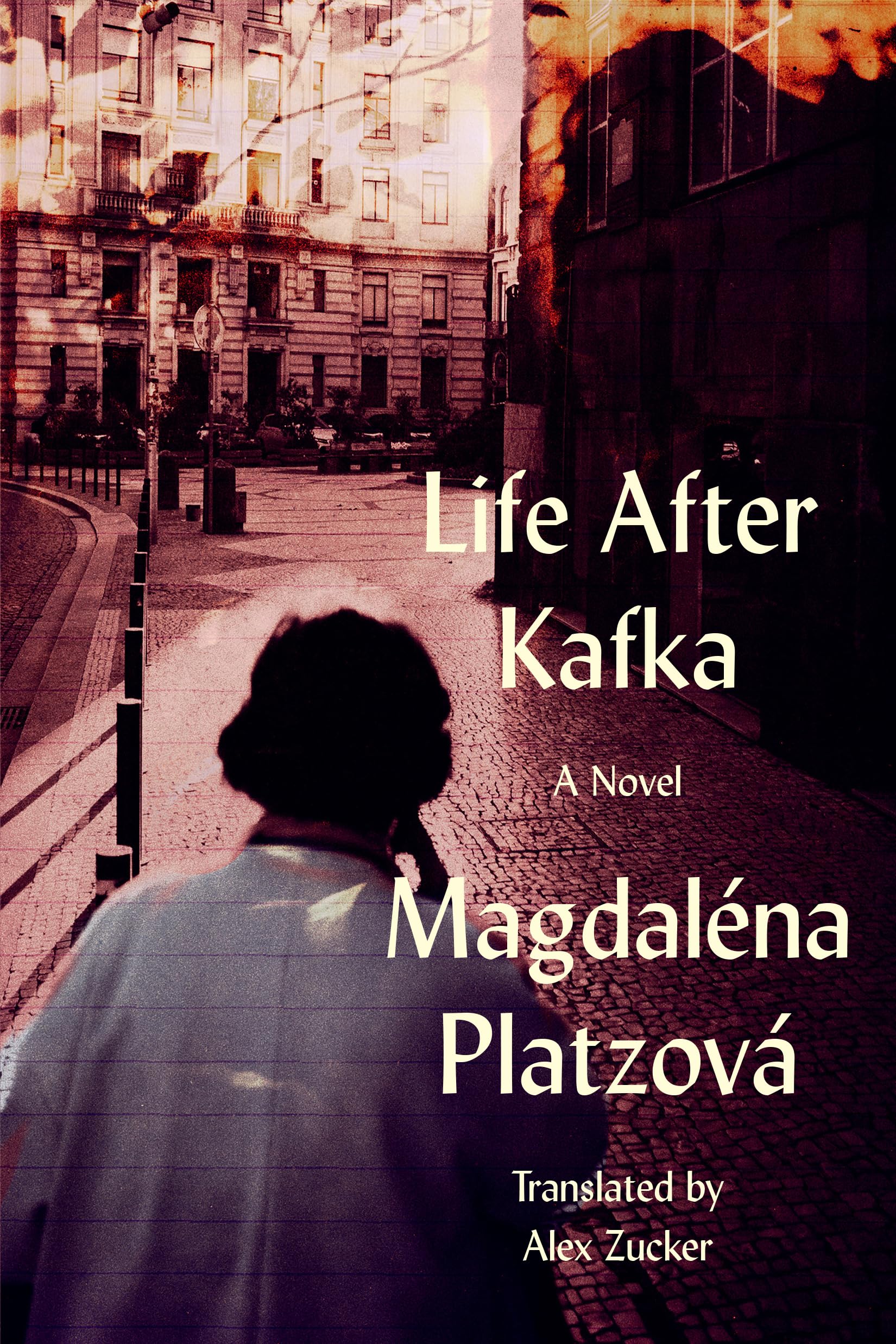What do you think?
Rate this book


256 pages, Paperback
Published August 6, 2024
Magdaléna Platzová is a Czech writer, journalist, playwright and translator. She studied at Georgetown University, Brockwood Park School and Charles University in Prague where she obtained master's degree in philosophy. In 2001-2004 she worked as a literary editor for Czech weekly newspaper Literární noviny. She currently writes cultural journalism for Prague-based weekly magazine Respekt.